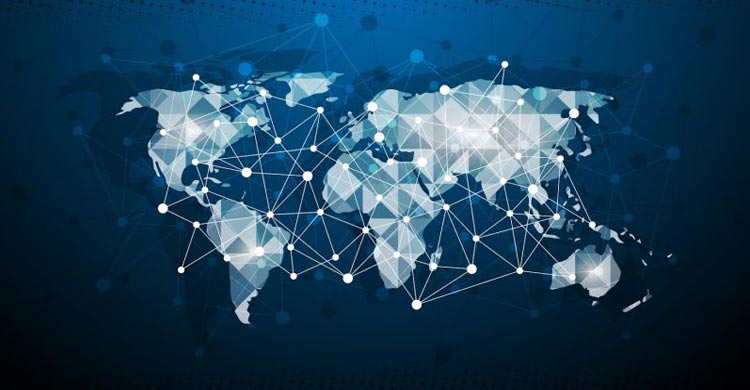
The future of trade in Asia could depend heavily on what becomes of China’s expansive One Belt, One Road initiative, which calls for massive investment in and development of trade routes in the region. In this episode of the McKinsey Podcast, recorded in May, McKinsey senior partners Joe Ngai and Kevin Sneader talk with Cecilia Ma Zecha about One Belt, One Road—what it really means, what it needs to become a reality, and why people should take it seriously.
Podcast transcript
Cecilia Ma Zecha: Hello, and welcome to this edition of the McKinsey Podcast. I’m Cecilia Ma Zecha, an editor with McKinsey Publishing, based in Singapore. Today we’re going to be talking about one of the biggest stories in Asian business, China’s One Belt, One Road initiative, arguably its most ambitious economic and diplomatic program since the founding of the People’s Republic.
To explain One Belt, One Road and what it means to business, I’m joined today by Kevin Sneader, McKinsey’s chairman in Asia, and Joe Ngai, managing partner of McKinsey’s Hong Kong location. Kevin, let’s start from the very beginning, particularly for anyone listening outside of Asia. But frankly, for many of us who live and work in the region, behind the diplomatic language and the policy speak, what exactly is One Belt, One Road?
That is what’s at the core of this—at least a potential trading route. The belt, the physical road, and the maritime Silk Road would re-create the shipping routes that made China one of the world’s foremost powers many, many years ago.
Cecilia Ma Zecha: Joe, why is this important now?
Joe Ngai: China is seeing a bit of a slowing down in its growth. A lot of people are saying that that’s part of the next growth wave of Chinese exports, which is that it’s going to have its influence and its infrastructure build-out in many of these countries, most of them emerging markets, in lots of things that frankly have fueled the very high growth in China over the past decade.
what’s already been achieved. Maybe let’s turn to the funding side and talk about that for a moment. The Asian Infrastructure Investment Bank (AIIB) has come into being.
ucture investment in a lot of the emerging markets is notorious for its risk. It’s long term, it’s political, and there are lots of uncertainties. People are pretty unwilling to do that investment for many, many years.
The fact that now China is putting together these consortiums of banks and funds and are standing behind it is a positive sign. What needs to happen, though, is the rest of the world needs to go along and use that as a way to get past a lot of the things that have inhibited progress in the past, namely getting very familiar with the risks in a lot of these countries.
Cecilia Ma Zecha: How are you seeing other Asian countries view One Belt, One Road? You mentioned the risks involved for investors and how other countries have to go along. What are the implications for them? And how are they engaging with China?
Kevin Sneader: The implications are very significant. This week in Hong Kong there was a conference called the One Belt, One Road summit. And I chaired a panel with the delegates to that event from the Association of Southeast Asian Nations (ASEAN). It was quite interesting to look at the divergence, even within ASEAN.
The Indonesians were quite clearly excited about how is this going to play out. How is Chinese infrastructure investment going to make a difference in a place where they need that?
Malaysia is obviously one of the world’s great trading countries, whereas the Philippines is still quite internally focused. One of its challenges is to become a trading country. And so in Malaysia, at least the way that people were responding to the concept was one of, “Well, let’s see the economic output.” But there was enthusiasm.
Cecilia Ma Zecha: What are the other points of contention? How do you see Japan or the United States or other countries outside of Asia dealing with it?
Share this post?
